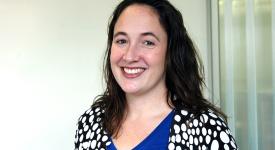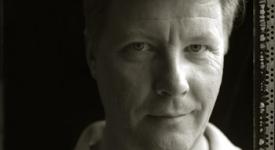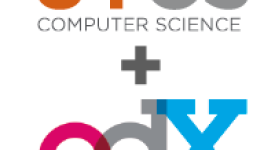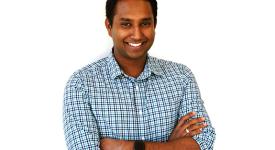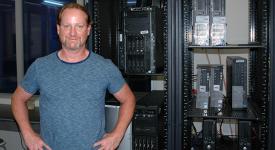Porter and UT Recognized for Key Role in Local Tech Economy
02/10/2017 - At its annual meeting today, the Austin Chamber of Commerce recognized the chair of the Department of Computer Science for his outstanding contributions toward improving the local technology sector. In naming Porter Economic Development Volunteer of the Year, organizers said he had been "very instrumental in helping grow our technology community" through many years' partnership. As department chair, Porter often meets with companies and investors who are learning about Austin.




